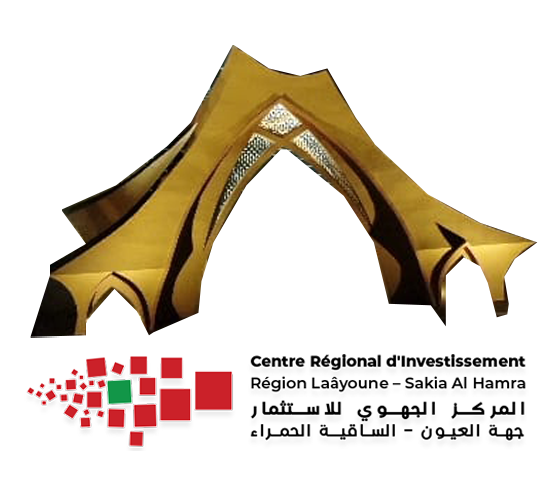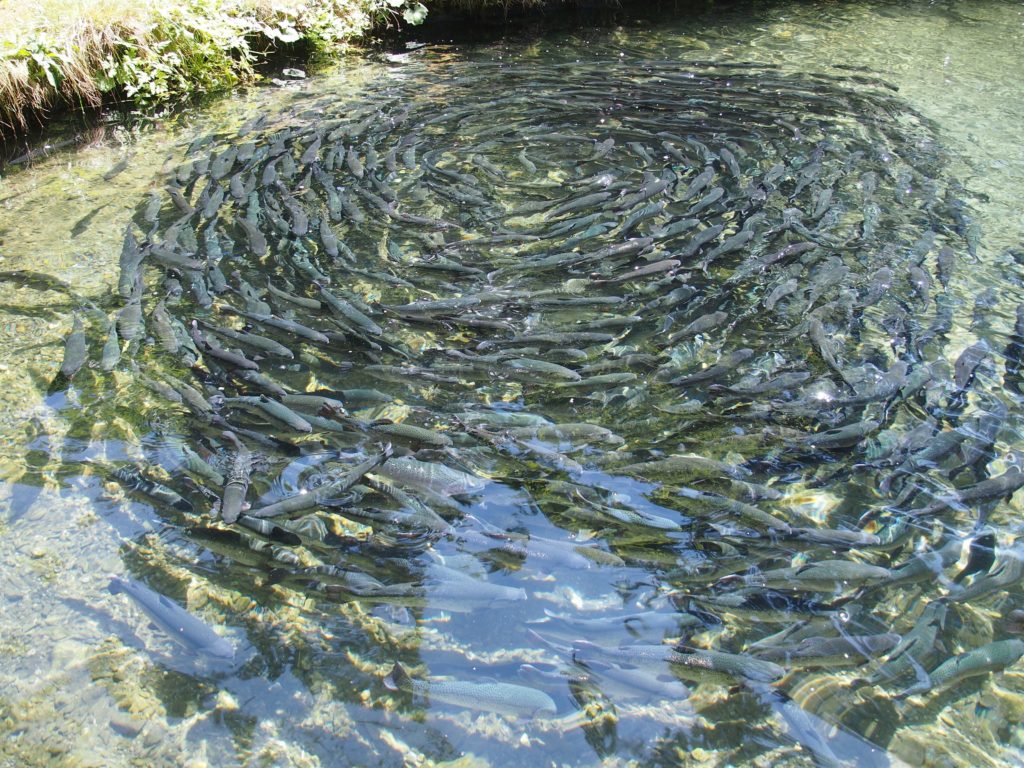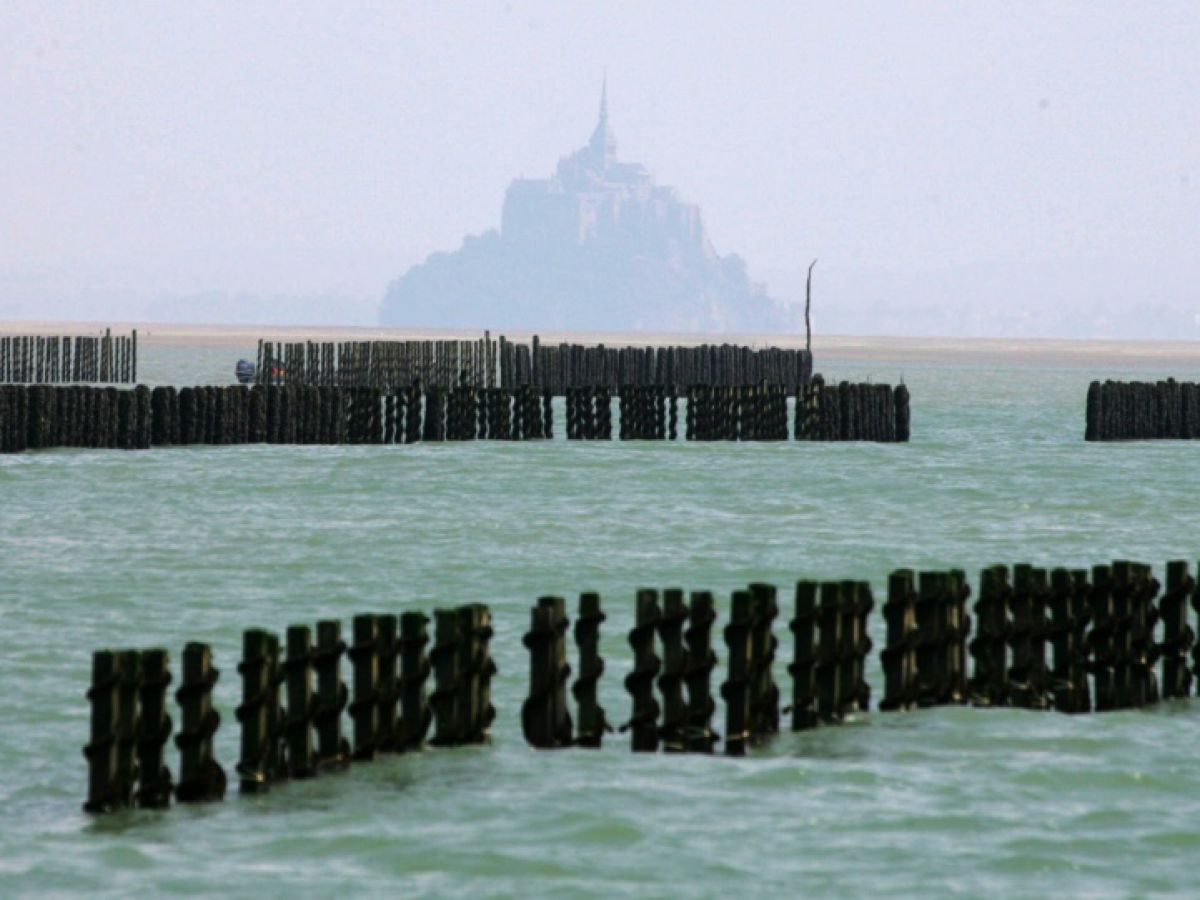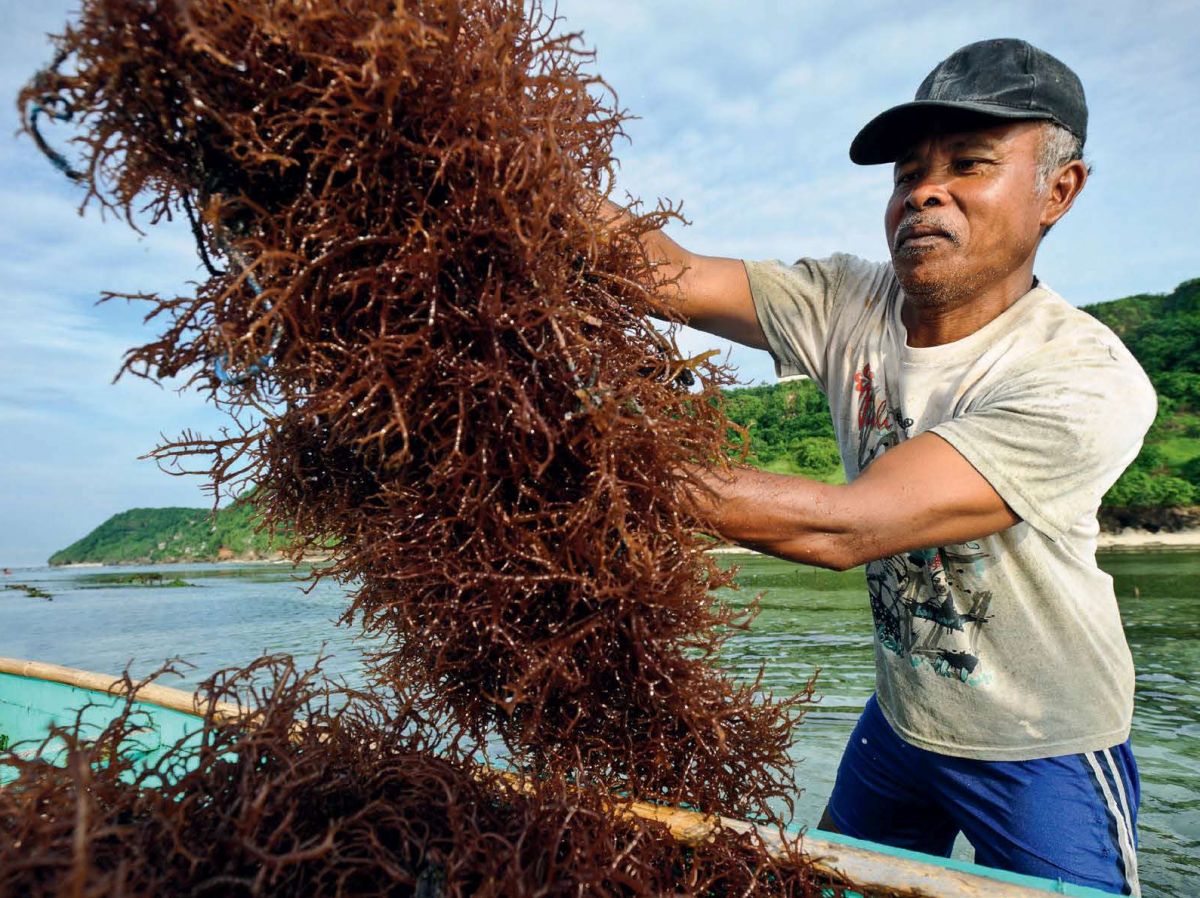Growing Sectorss
Different Sectors
Blue Economy
Excerpt from the Royal Speech on the occasion of the 45th anniversary (07/11/2020) of the glorious Green March,
« Moreover, we will continue to work towards the development of a genuine maritime economy in these territories that we cherish so much. »
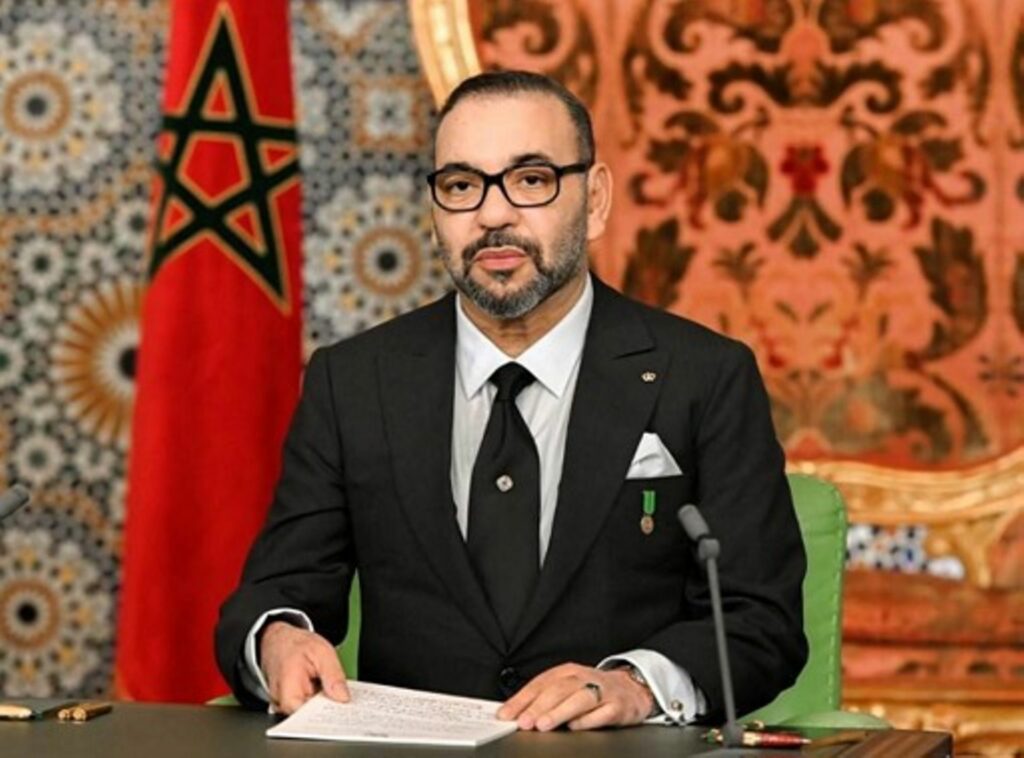
Marine Biotechnology
High-potent industrial applicationsl
- The global market for marine biotechnology is expected to reach $7.3 billion by 2026 (source : Industry ARC);
- The marine biotechnology market has several application sectors: pharmaceutical, cosmetic, energy, agri-food, crop protection, industrial biotechnology, and botanical products;
- In the Mediterranean basin, Morocco ranks first in terms of marine biodiversity;
- A project bank of the Ministry of Industry and Trade covers some of the sector's industries (BP MIC link);
- The Region has a research and development center (ASARI of UM6P/Phosboucraa Foundation) that works towards the scientific development of this sector;
- Synergies can be developed with aquaculture as part of local integration.

Shipyard

Significant investment potential in the repair, dismantling, renewal, and construction of the fishing fleet.
Key figures and investment potential
- The national demand for maintenance, repair, and construction of ships is very high. This demand is often forced to turn to foreign countries.
- The Kingdom has established a Master Plan for the development of port infrastructure dedicated to the shipbuilding industry. Its implementation will generate 6,000 direct jobs by 2030. It will mobilize 4.5 billion dirhams as part of a public-private partnership with the state. This strategy aims to make Morocco a hub for shipbuilding for vessels up to 120 meters.
Main sector indicators:
Energy
Renewable Energy
Renewable Energy: The potential for green energy (solar and wind) is significant due to high sunshine and the presence of important wind corridors throughout the year.

| Investment Opportunities | Potentiel d’investissement (MDH) |
||
|---|---|---|---|
| Renewable Energy Production | Wind energy: minimum potential of 10 GW to be installed by 2030 |  | 100 000 |
| Solar energy: minimum potential of 1 GW to be installed by 2030. |  | 10 000 |
|
| Green hydrogen: minimum potential of 5 GW by 2030 (2% of the estimated 250 GW global market: Source: RechargeNews) |  | 40 000 |
|
| Integrated Energy Projects | For agriculture (Irrigation): 2 seawater desalination stations. |  | 1500 |
| For the chemical industry (Green Ammonia): 500 KT (25% of the estimated National Market of 2 million tons). |  | 15 000 | |
Desalination of seawater for agriculture
Thanks to its competitive cost and the significant potential of renewable energies in the region, desalination of seawater has all the key advantages for success in the region.


Examples of identified crop sectors include

vegetable farming

feed crops

Quinoa

date palms

argan trees
Industry

Fishery Ecosystem Industry
- Important and rapidly growing local B to B market: This industry has significant potential, encompassing all inputs in the value chain of the existing fish product transformation industry (48 valorization units with only 40% valorization, which is expected to increase with new units). Examples of key inputs: metal packaging, cardboard, plastic, etc.
- Products supported by the national import substitution strategy.
Renewable Energy Industry
- This market is driven by investments in wind and solar energy production (1 GW installed capacity to date, 1 GW planned by 2024, and over 10 GW by 2030 thanks to the potential for private investment in green hydrogen). Additionally, there is a market in neighboring regions (Dakhla Oued Dahab and Guelmim-Oued Noun);
- There is significant potential for local production relocation and value-added creation within the framework of value chain integration;
- Potential for export to Africa;
- Products supported by the national import substitution strategy;

Tourism Sector
The region is rich in natural (beach and desert) and cultural assets, with a strategic geographical location close to three major tourist markets (Agadir, Dakhla, and the Canary Islands) and several archaeological sites.
Ecotourism
| Key Figures | Characteristic | Products and activities adapted |
|---|---|---|
| 3000 hectares of water surface | Protected Area Diverse Wildlife and Flora Exceptional Landscape | Light tourist facilities Cane fishing, water sports, hiking... |
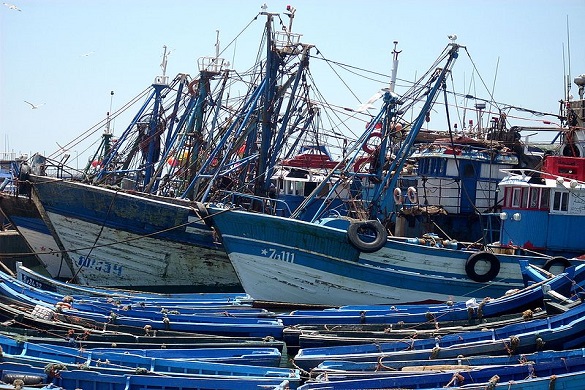
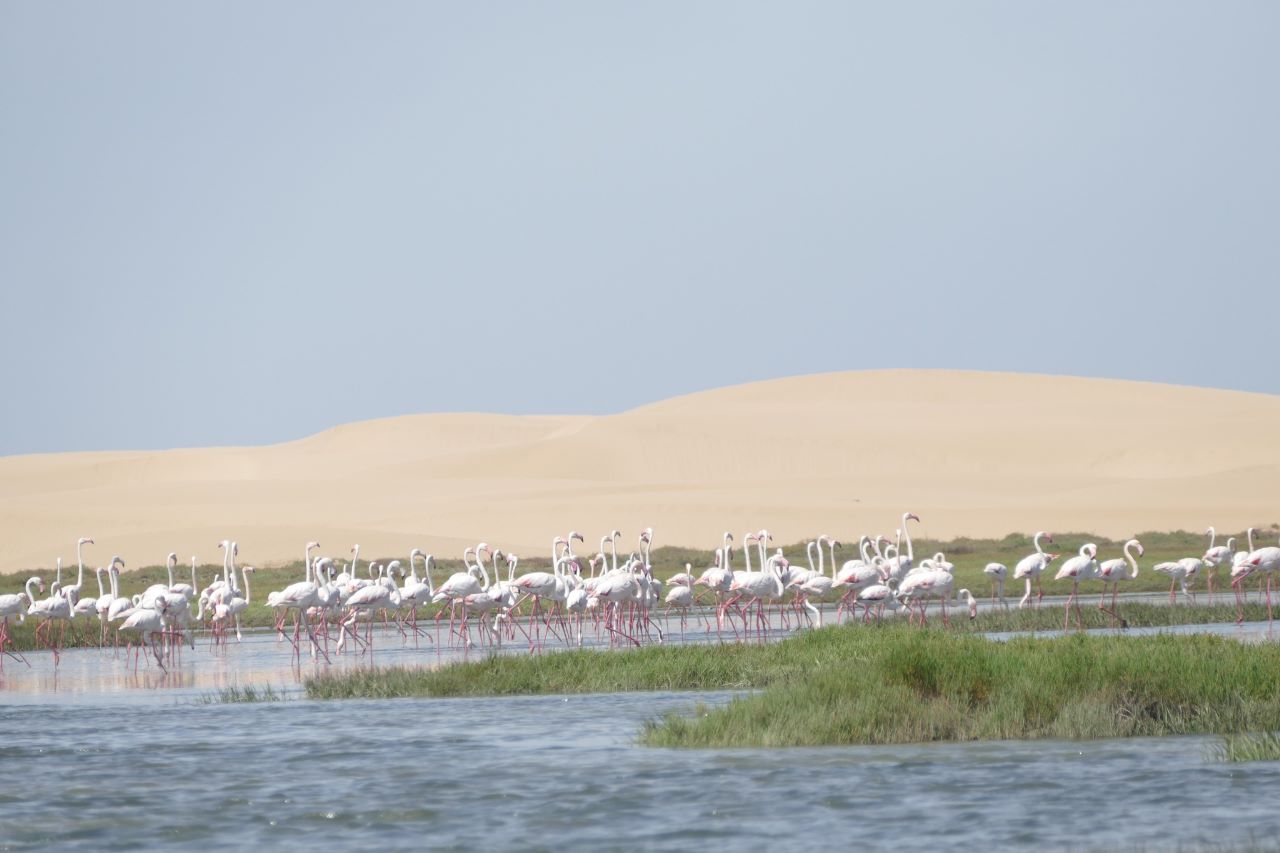
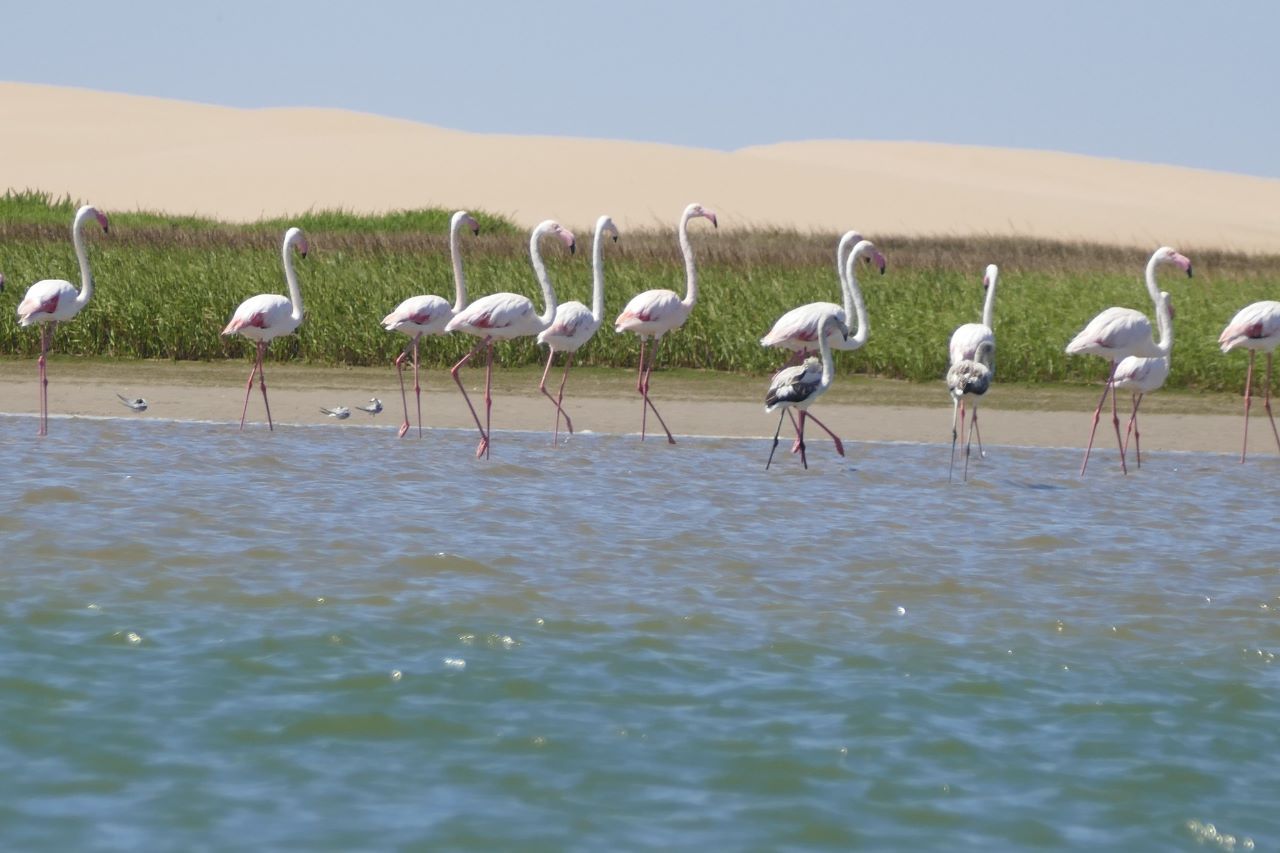
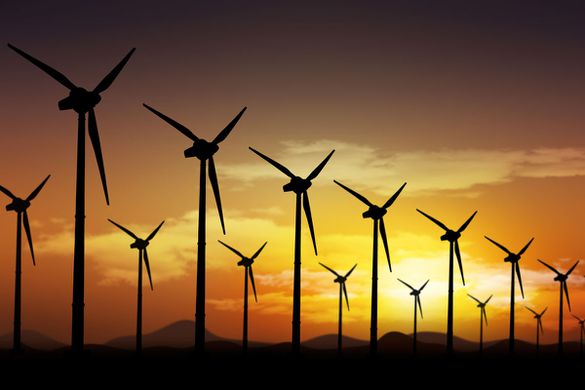
Beach Tourism
| Key Figures | Characteristic | Adapted Products and Activities |
|---|---|---|
| 161 hectares of beach | - Exceptional Connectivity - Long Untouched Coastline - At the Heart of the Economic Hub of the Region | Hotel chains, restaurants... |
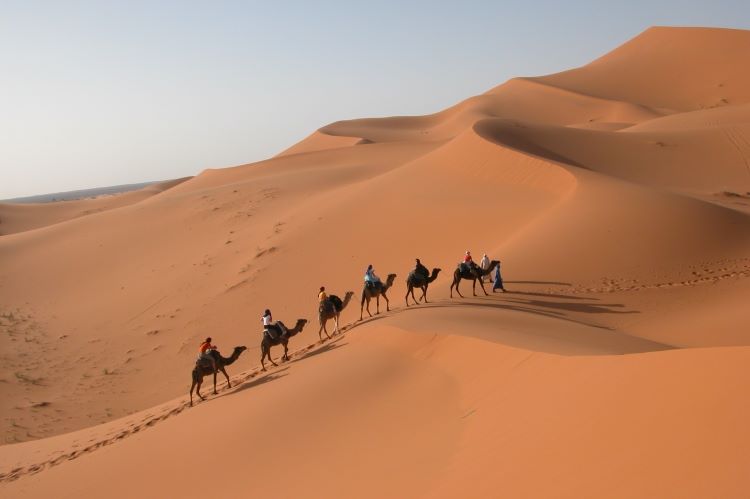
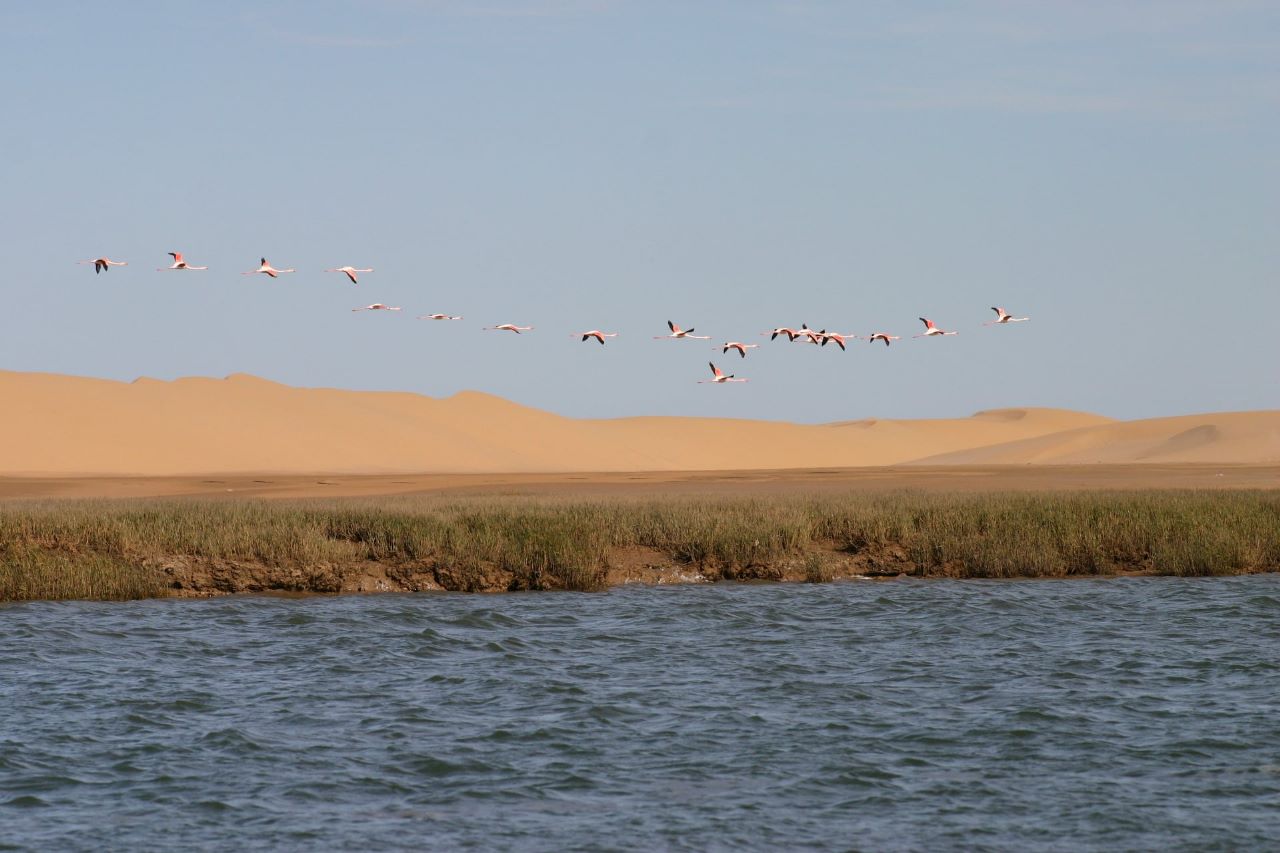
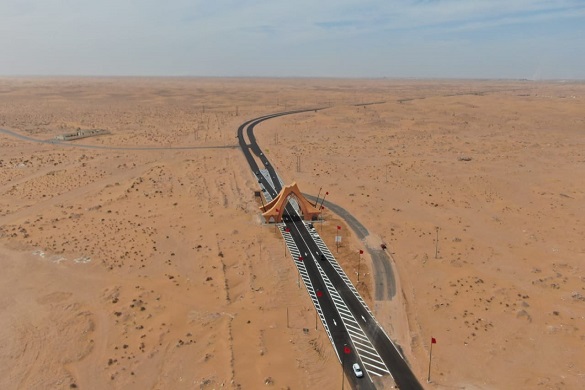
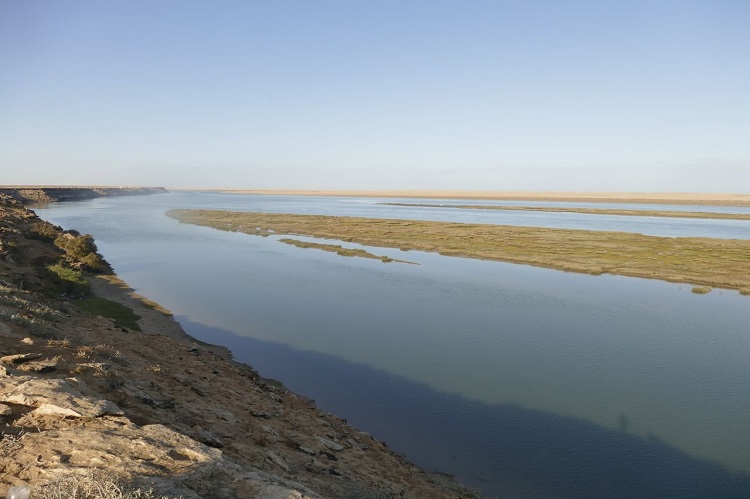
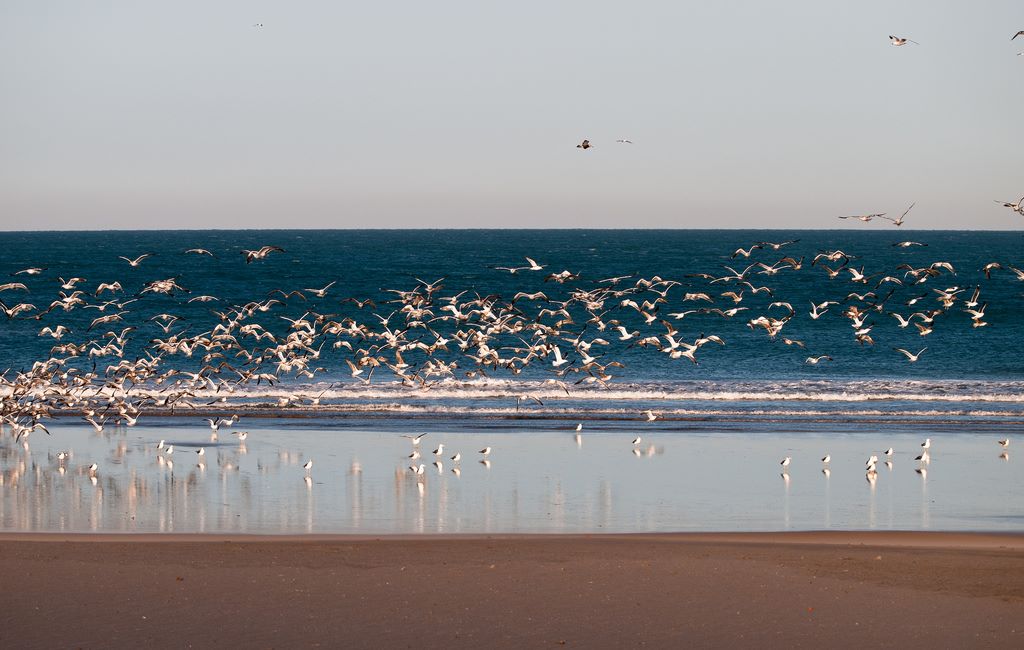
fisheries
Key figures and investment potential
The Laayoune-Sakia El Hamra region (LSH) plays an important role in the development of the fishing sector in Morocco. It has a coastline of 575 km with landing and commercialization port infrastructure consisting of three fishing ports and six fishing villages.

Key figures 2019
Landing volume
0,45mT
Landing value
2.3 billion MAD
Onshore processing units
48
Export value *
4,5 billion MAD
Direct employment (onshore and offshore)
~ 35.000
Valorization ratio
~ 5000 MAD/T
Aquaculture
- Un plan aquacole régional prévoit un potentiel de 2000 ha (offshore et Sebkhas);
- Fort potentiel en conchyliculture, algoculture et pisciculture;
- La Recherche scientifique est engagée au niveau du Centre de recherche de l’Université Mohammed VI Polytechnique à Lâayoune / Fondation Phosbocraa (ASARI);
- Une agence nationale pour accompagner le développement de l’aquaculture au Maroc. https://anda.gov.ma/;

The national sectoral strategy aims to produce 200,000 tonnes of aquaculture products for a turnover of 5 billion dirhams and 3 billion dirhams in fishery exports by 2030.
- A regional aquaculture plan predicts a potential of 2000 ha (offshore and Sebkhas);
- Strong potential in shellfish farming, seaweed farming, and fish farming;
- Scientific research is being carried out at the research center of the Mohammed VI Polytechnic University in Laayoune/Fondation Phosbocraa (ASARI);
- A national agency to support the development of aquaculture in Morocco https://anda.gov.ma/;

